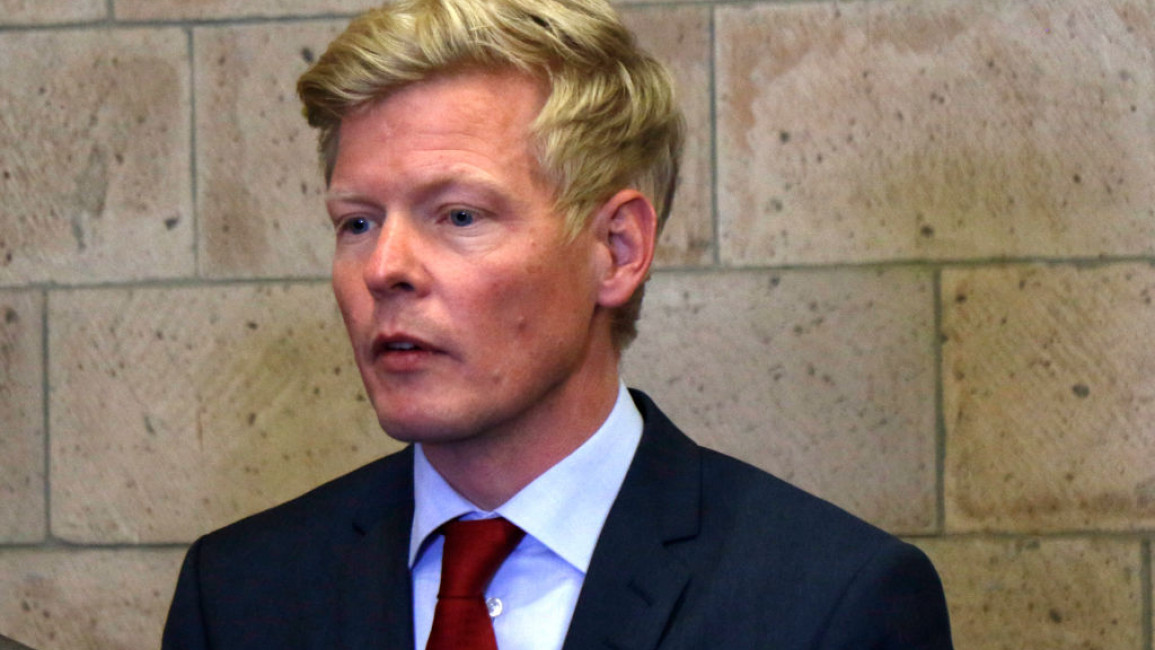Yemen: Houthis, government fail to end Taiz blockade in Jordan talks
Yemen's warring parties failed to reach agreement on Saturday to lift a blockade by Houthi rebels of the country's third largest city, the United Nations said, after three days of talks in the Jordanian capital of Amman.
The failure virtually shuts down hopes that the blockade of Taiz will be lifted as it was supposed to be as part of a UN-brokered two-month truce that ends on 1 June.
Hans Grundberg, the UN envoy for Yemen, said a proposal had been floated for a phased reopening of roads in Taiz and elsewhere, which would help facilitate aid deliveries and the movement of suffering Yemenis.
In a statement, he urged Yemen's internationally recognised government and the Iran-backed Houthis to conclude internal deliberations and deliver "positive results to the Yemeni people" in subsequent talks.
He added: "Lifting restrictions on the freedom of movement of people and goods will not only have a positive impact on alleviating the suffering of the Yemeni people and reviving the economy, but will also help cultivate confidence in the political process."
The UN mission did not provide further details on the proposal or say when the parties would resume talks.
Yemen's war broke out in 2014 when the Houthis seized Sanaa, and forced the internationally recognised government into exile.
A Saudi-led coalition entered the war in early 2015 to try to restore the government to power.
Both sides have been accused of grave violations by human rights groups.
The conflict created now one of the worst humanitarian crises in the world while becoming a regional proxy war in recent years.
More than 150,000 people have been killed, including over 14,500 civilians.



